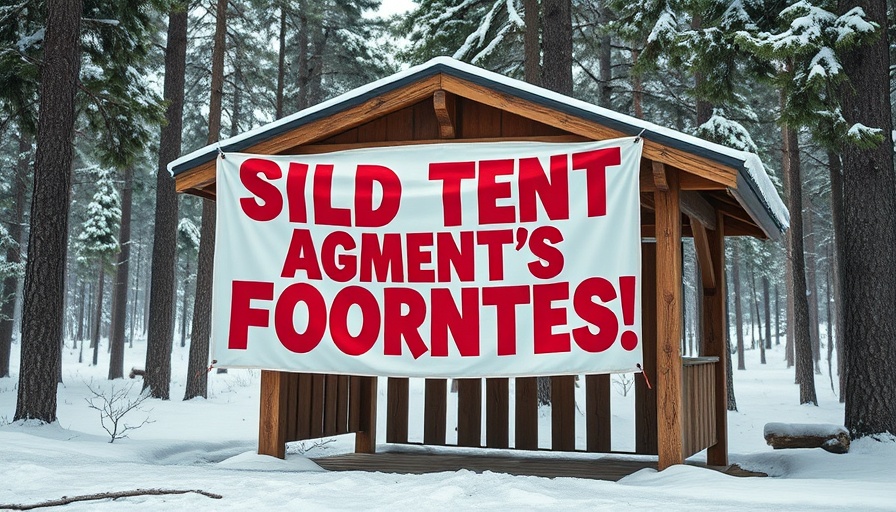
First Nations Take a Stand Against Oil Tanker Ban
As discussions intensify around Canada's oil transport regulations, some First Nations along British Columbia's northern coast are gearing up for a potential political showdown should Conservative leader Pierre Poilievre decide to lift the existing tanker ban. With a rich cultural heritage tied closely to the land and waters, these communities are determined to protect their ecosystems and livelihoods from the threat of oil spills.
Growing Concerns Over Environmental Impact
Arnie Nagy, a member of the Haida Nation and activist for sustainable fishing, expresses deep concern over what lifting the ban could mean for local wildlife, especially wild salmon. Historically, the region has seen significant ecological changes due to industrial activity, and the risks associated with increased tanker traffic could have dire consequences for the local ecosystem. "I’ll fight till my last breath," Nagy emphasizes, encapsulating the strong sentiment among First Nations leaders.
The Background of the Tanker Ban
The tanker ban in question was established to protect the fragile ecosystems of the Pacific waters. It emerged in response to thorough debates on the impact of oil transport on marine life and local fisheries. Changes to this regulation, as advocated by leaders like Poilievre, reignite fears of disastrous oil spills similar to the historic ones along North American coastlines. Keeping the ban intact remains crucial for preserving the ecological balance that supports local economies and traditions.
First Nations Ready to Mobilize
With national elections approaching, the actions and decisions taken by political leaders will be closely scrutinized. Local communities are prepared to mobilize against any moves to lift the ban. During a recent meeting, Alberta Premier Danielle Smith presented a number of demands, including the lifting of the tanker ban, which Poilievre supported. This response has spurred discussions among First Nations leaders on standing firm against perceived governmental injustices that threaten their way of life.
What’s Next for First Nations?
As the political landscape shifts with the upcoming federal election, First Nations communities are not only ready to defend their environmental rights but also showcase their willingness to collaborate with allies who share the same commitment to sustainable practices. The potential changes in oil transport regulations add urgency to their mission.
The outcome of these discussions will have lasting implications, not only for First Nations but for homeowners and communities across Canada that value environmental stewardship and sustainable resource management.
 Add Row
Add Row  Add
Add 




Write A Comment